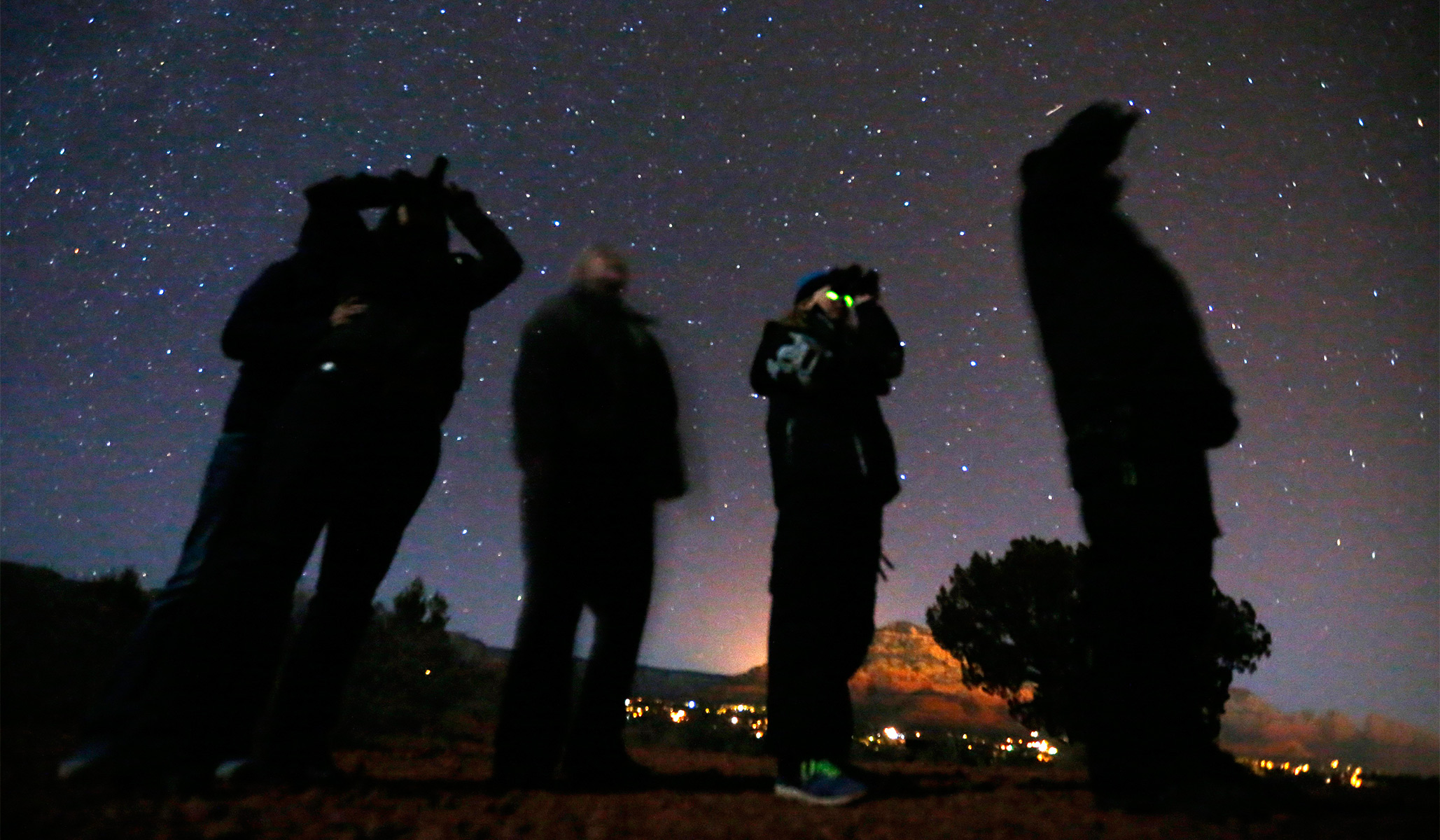


The current surge of interest in UFOs (or, if you prefer — rolls eyes — UAPs) still seems strong enough for politicians to think that they should get involved.
The Senate in the coming days is expected to consider a bipartisan measure that would compel the U.S. government to publicly release records relating to possible UFO sightings after decades of stonewalling.
Senate Majority Leader Chuck Schumer, a Democrat, has teamed up with Senator Mike Rounds, a Republican, in leading an effort to force the disclosure of information relating to what the government officially calls “unidentified anomalous phenomena,” or UAPs. Their 64-page proposal is modeled after a 1992 U.S. law spelling out the handling of records related to the 1963 assassination of President John Kennedy.
That may not be the most encouraging precedent, but okay, it’s better than nothing.
I read on:
The amendment would require the U.S. National Archives and Records Administration to collect UAP records from all relevant government offices under “a presumption of immediate disclosure,” and a review board would have to provide a rationale for keeping documents classified . . .
Under the measure, records must be publicly disclosed in full no later than 25 years after they were created unless the U.S. president certifies that continued postponement is necessary because of a direct harm to national security.
Good, good, national-security exemption, fine, sunset clause, good.
But then:
It also establishes that the federal government would have “eminent domain” over any recovered technologies of unknown origin and any biological evidence of “non-human intelligence” that may be controlled by private individuals or entities.
Not so fast.
If those “recovered technologies” are potentially dangerous, then I can see why the feds should be able to take them, subject to Second Amendment considerations, of course. Light saber, cold dead hands, etc.
If, however, some lucky rancher in New Mexico’s high desert stumbles across enough pieces of crashed alien technology on their property that it can be used to reverse engineer flying cars, say, a miracle fuel, replicators, or the like, he or she should be able to exploit it. This country’s fracking revolution was essentially enabled by the fact that U.S. landowners (unlike their counterparts almost anywhere else in the world) own the mineral rights under their property. Allowing the feds to simply expropriate the alien bounty found on private land not only is un-American, but also might well mean that it will go to waste, buried in red tape or some secretive, remote warehouse.
Giving Washington the right to check out the wreckage for a few months would be prudent, but, in the absence of legitimate safety concerns, the lucky rancher should be allowed to sell or develop this gift from the heavens. The government would, however, be justified in imposing export restrictions. Selling advanced alien technology to China would be . . . unwise.
As for the question of allowing the feds to seize biological evidence of “non-human” intelligence (a very wide term), that seems more reasonable. If it’s a live alien, that would unquestionably be a matter for the government to handle, and not just because of immigration concerns. After all, what might seem benign at first could change. One day it’s a cheeky little critter jumping out of someone’s stomach, the next it’s a killing machine capable of causing devastation across the planet. One day it’s a cuddly, harmless Tribble, and then . . .
And what if it’s a spy, scouting us out ahead of the invasion? We can’t be too careful.
Equally, even if all that’s found is dead alien matter, that’s best left to the feds too. We have all seen enough movies to know by now that nothing good comes of messing with alien DNA. Any examination of its potential should only be conducted at the federal level, perhaps with the help of trusted specialists from, say, Wuhan the Weyland-Yutani corporation or the folks over at Umbrella.
